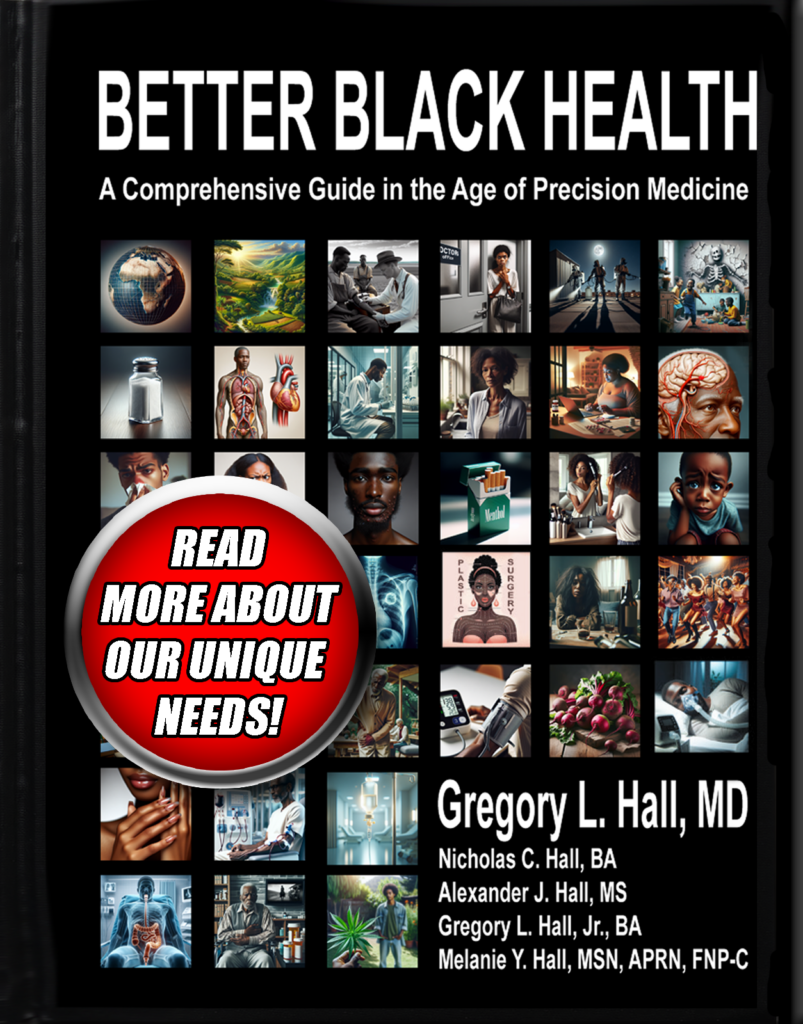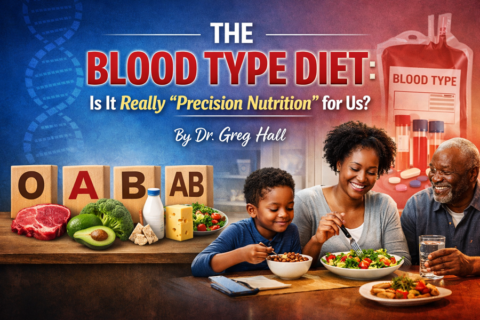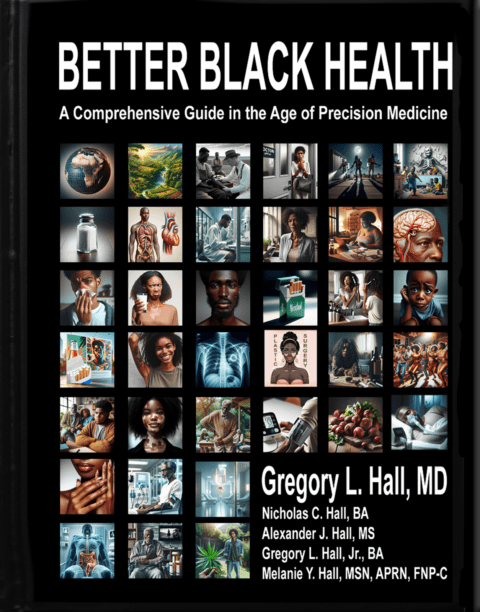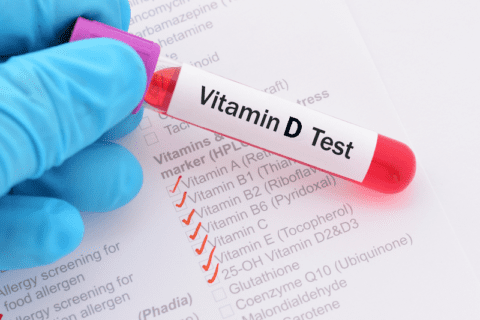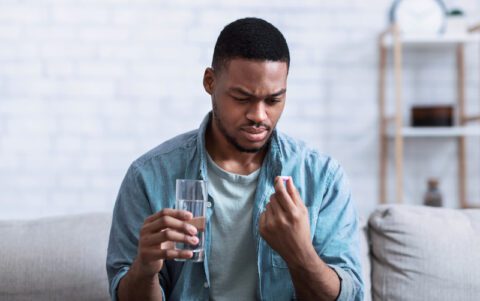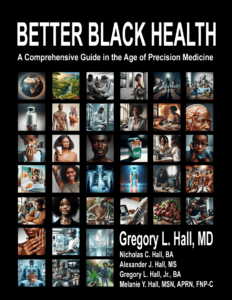Lack of Vitamin D Linked to Scoliosis
Vitamin D deficiency is associated with a higher risk for prostate cancer, colon cancer, breast cancer, high blood pressure, diabetes, and a host of other health problems that are very common in the African American community. Scoliosis, which is an abnormal curvature of the spine, is also more prevalent among African Americans, particularly in their teens.
This abnormal spine curvature can cause chronic back pain, weakness, advanced limitations, and difficulty with movement as people age. For whatever reason, scoliosis is not discussed much when experts discuss health disparities.
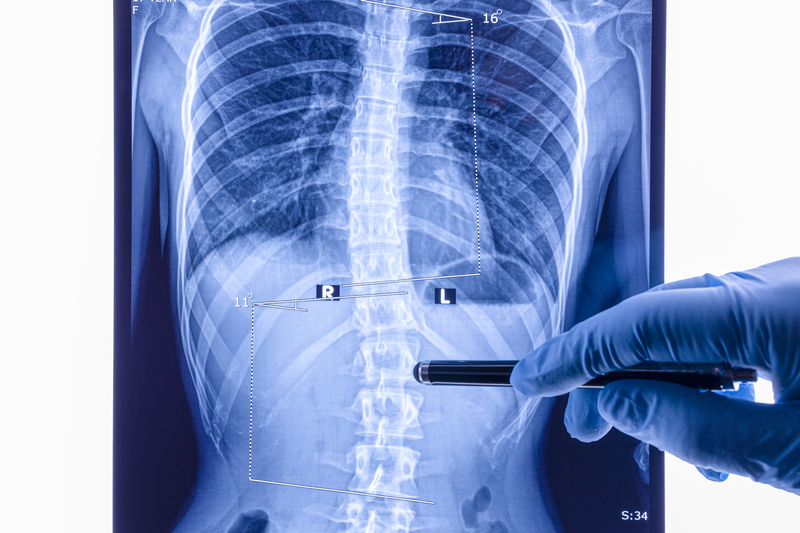
More Common in Black Teens
One study found that African American adolescents are more than twice as likely to be diagnosed with severe scoliosis than white teenagers. Another study found that African Americans have a higher curvature of their spine when presenting with scoliosis than White patients. Patients with scoliosis were found to have a significant increase in vitamin D deficiency compared to the general population.
Vitamin D has been closely associated with calcium and strength of human bones for many years. More recently, vitamin D has gotten much attention because of its link with many more chronic and severe diseases. These abnormalities of the bone, particularly bone strength, are behind some of the development of scoliosis. While scoliosis is not as common in the Black community as diabetes, hypertension, or heart disease, it can be just as debilitating to the people who get it.
Higher Emergency Department Visits
One of the ways that scoliosis is diagnosed early on is due to a delay in a toddler’s ability to walk. Research has also shown that children with scoliosis have much higher emergency department visits. This study also showed that after surgery to help correct the scoliosis, Black and low-income teens tend to have more complications. This higher complication rate is not a reason not to pursue surgery, but rather an indication that more care and attention should be directed at them during their post-operative period.
Get Your Vitamin D Level Checked
The key is to have your vitamin D level checked. If it’s low, make sure you get a supplement with the appropriate amount of vitamin D. African Americans need 2000 international units of vitamin D to maintain a normal vitamin D level. Always consult your primary care doctor about all vitamin and mineral replacements.
